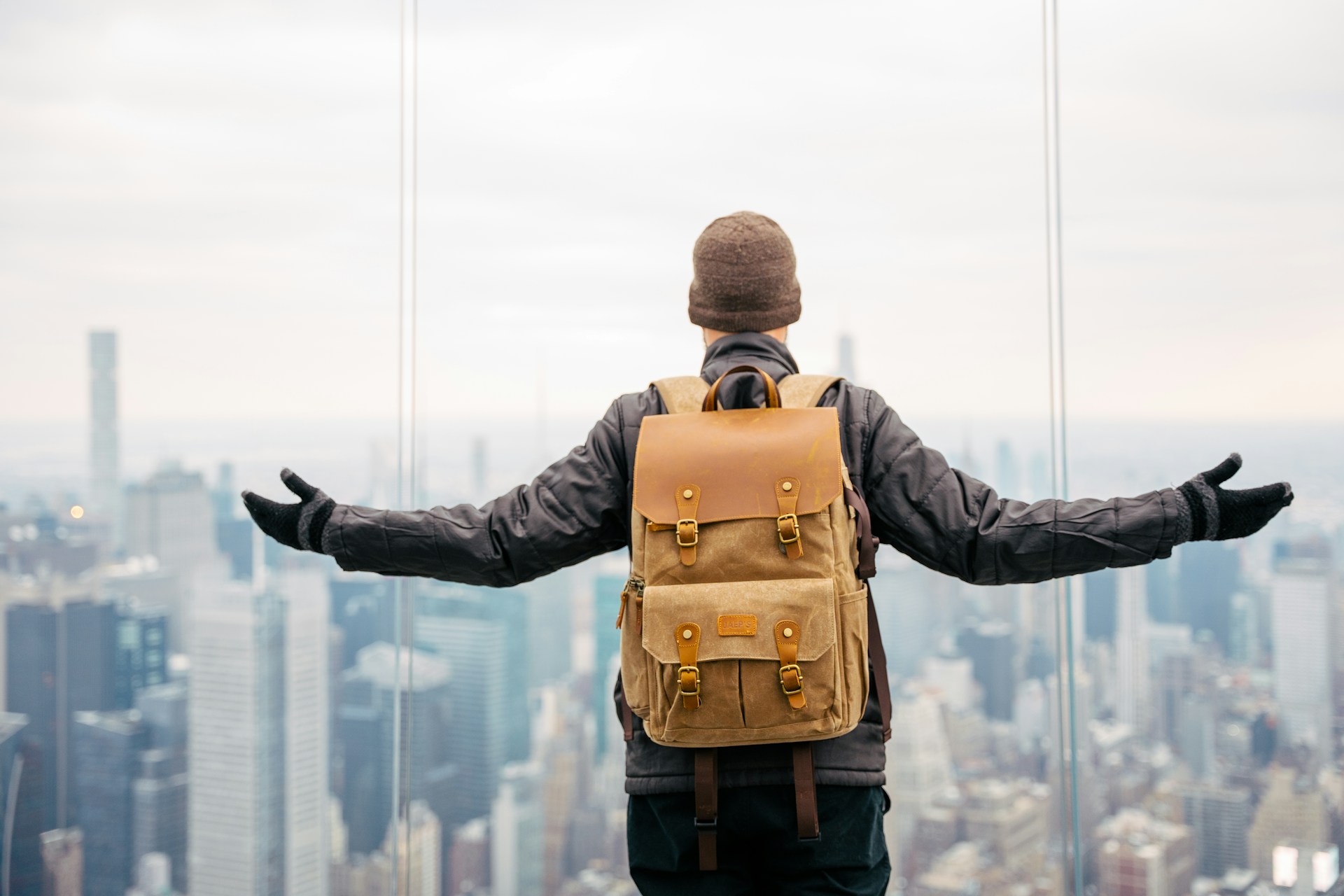Entering the United States has become increasingly complicated—especially under the leadership of former President Donald Trump, who is now serving a second term. Even for German citizens, what used to be a relatively smooth process now comes with heightened scrutiny, including detailed inspections of smartphones and laptops. The American civil liberties group Electronic Frontier Foundation (EFF) is advising travelers on how best to prepare for the border.
“Be ready. Make a plan before you reach the checkpoint.” That’s the key message from the EFF, which urges all travelers—tourists, students with valid visas, and professionals traveling for work—to anticipate potential inspections and take steps ahead of time. The focus is especially on mobile phones, laptops, and the digital contents stored on them.
More Devices Are Being Searched
While the majority of travelers still pass through immigration with no issues, EFF statistics reveal that out of 420 million entries to the U.S. in 2024, around 12 million travelers underwent what’s known as a secondary screening. Of those, only about 47,000 were subjected to an even more intensive third-level examination. Still, this marks a growing trend in digital scrutiny.
The question many are asking is whether customs officers are using their authority differently now. According to a report by The Washington Post, immigration laws have remained largely unchanged. However, the way officers from U.S. Customs and Border Protection (CBP) enforce those laws has evolved significantly during Trump’s presidency. This shift was experienced firsthand by three German nationals recently detained upon arrival in the U.S.
Sophia Cope, a legal expert and spokesperson for the EFF, confirms that the number of device inspections has risen in recent years. “It will be interesting to see how things develop this year,” she noted.
Three Levels of Border Screening
The screening process begins with a basic round of questions—purpose of visit, passport check, and a brief conversation. Most travelers are then allowed to proceed without further delay.
However, if an officer notices anything unusual—or even at random—they may initiate a second-level screening. This may include more probing questions, a request to unlock your phone, or a closer look at your laptop—even down to the battery compartment.
This puts travelers in a tough spot. They can refuse to unlock their devices, but this may result in the device being confiscated and the traveler delayed or even denied entry. On the other hand, if they comply, CBP officers may go through personal photos, emails, apps, and even copy data from the devices.
In rare cases, the process escalates to a third level, where devices are connected to CBP computers for a deeper extraction of information. According to The Washington Post, this data can be stored for up to 15 years and accessed by thousands of border agents.
What You Can Do to Protect Your Privacy
Cope recommends placing your phone in airplane mode before reaching the checkpoint and disabling Wi-Fi. This limits the officer’s access to only the data stored locally on the phone, excluding cloud-based content. She also emphasizes that constitutional limits apply—officers may have the right to inspect a suitcase but not use a key found inside it to unlock your house. The same logic applies to digital data stored off-device.
Furthermore, CBP agents are allowed to view public social media profiles, but not private ones. Since travelers using the ESTA system (used by many German tourists) are required to provide social media details in their application, it’s essential to think carefully about what’s visible publicly.
Finally, the EFF advises travelers to prepare for uncomfortable situations at the border. There’s no one-size-fits-all solution—some may choose to bring minimal devices, while others might decide to leave certain electronics at home. But be warned: bringing a second, seemingly unused device may raise suspicion rather than deflect it.




